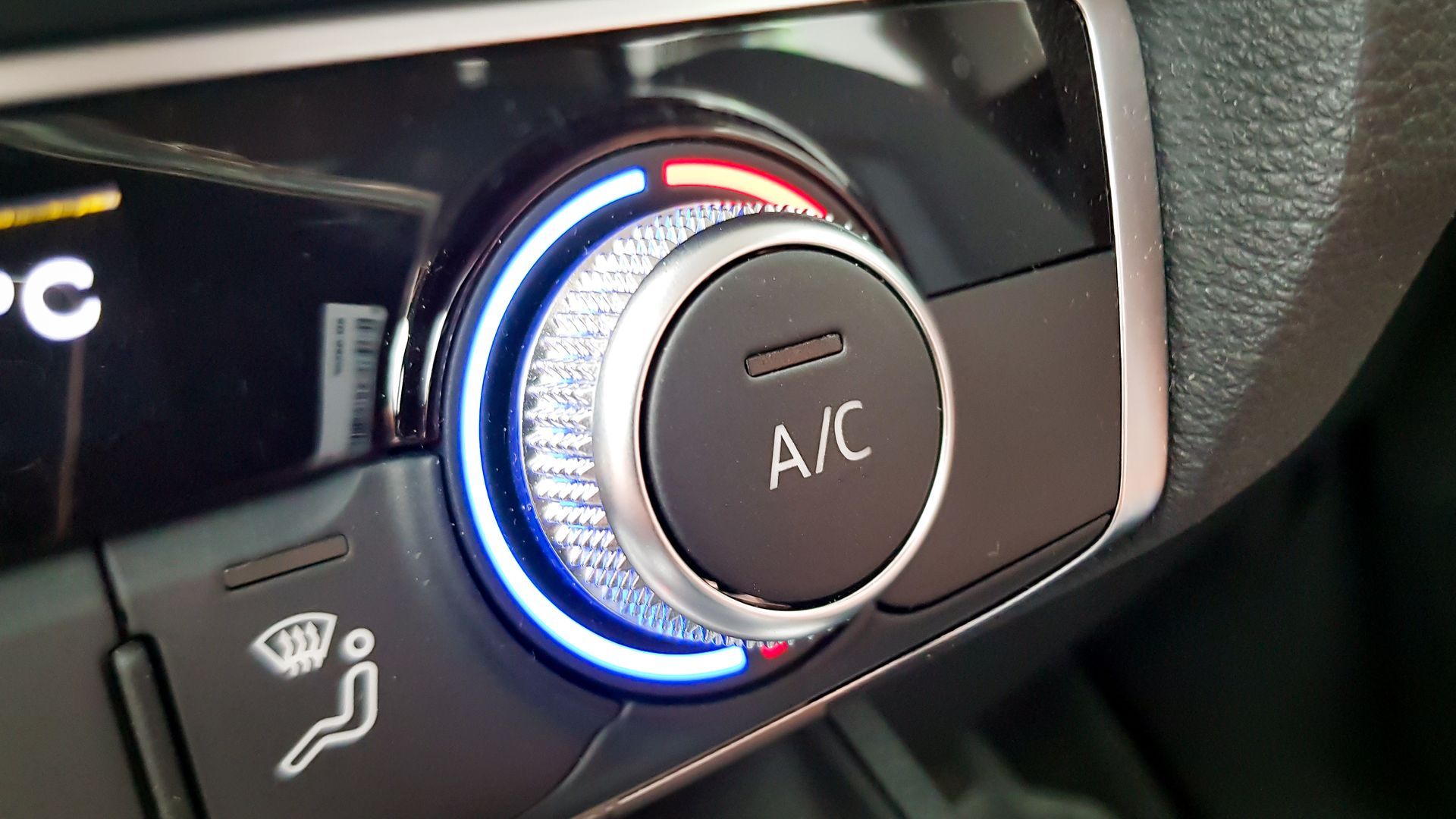The Most Common Causes of Transmission Failure
At Griffin Automotive and Transmission, we unfortunately see transmission failures on a very regular basis. Some are pattern failures, caused by weak points in the design or manufacturing of the transmission, and some failures can be prevented with regular maintenance or inspections done by trained professionals.
One of the most common causes for transmission failures is a lack of proper lubrication. A leak, even a small one, can result in low transmission fluid. Automatic transmission fluid is designed to reduce friction, prohibit rust and corrosion, and to reduce wear on the components, among other things. When the transmission fluid is low, friction increases, which causes the internal components to get heated. This heat can be damaging to metal, plastic, and rubber components inside the transmission, and contribute to a catastrophic failure. Newer vehicles come equipped with multiple plastic shields on the bottom to protect vital components. These shields can make it difficult to know if you have a small leak, as you won’t see it on your driveway or garage floor. This makes it extremely important to have certified mechanics doing multi-point inspections during every visit you make to an automotive repair or maintenance facility!
Another common cause of transmission failure is overheating. There can be multiple causes for overheating, such as a blocked transmission cooler or line, not having the proper size or type of transmission cooler, and towing heavy loads. When a transmission overheats, it can burn the transmission fluid, causing a distinct change in both color and smell of the fluid.
The best thing you can do to prevent transmission failure is to have your vehicle serviced and inspected by a certified mechanic on a regular basis. More and more vehicles are being produced without transmission fluid dipsticks, and require a professional to check the fluid level and condition. If your vehicle does have a transmission fluid dipstick, you should be checking it regularly, along with your other fluids. A significant change in fluid color or level is cause for concern; if you see either of these things, call and schedule a transmission evaluation immediately!






